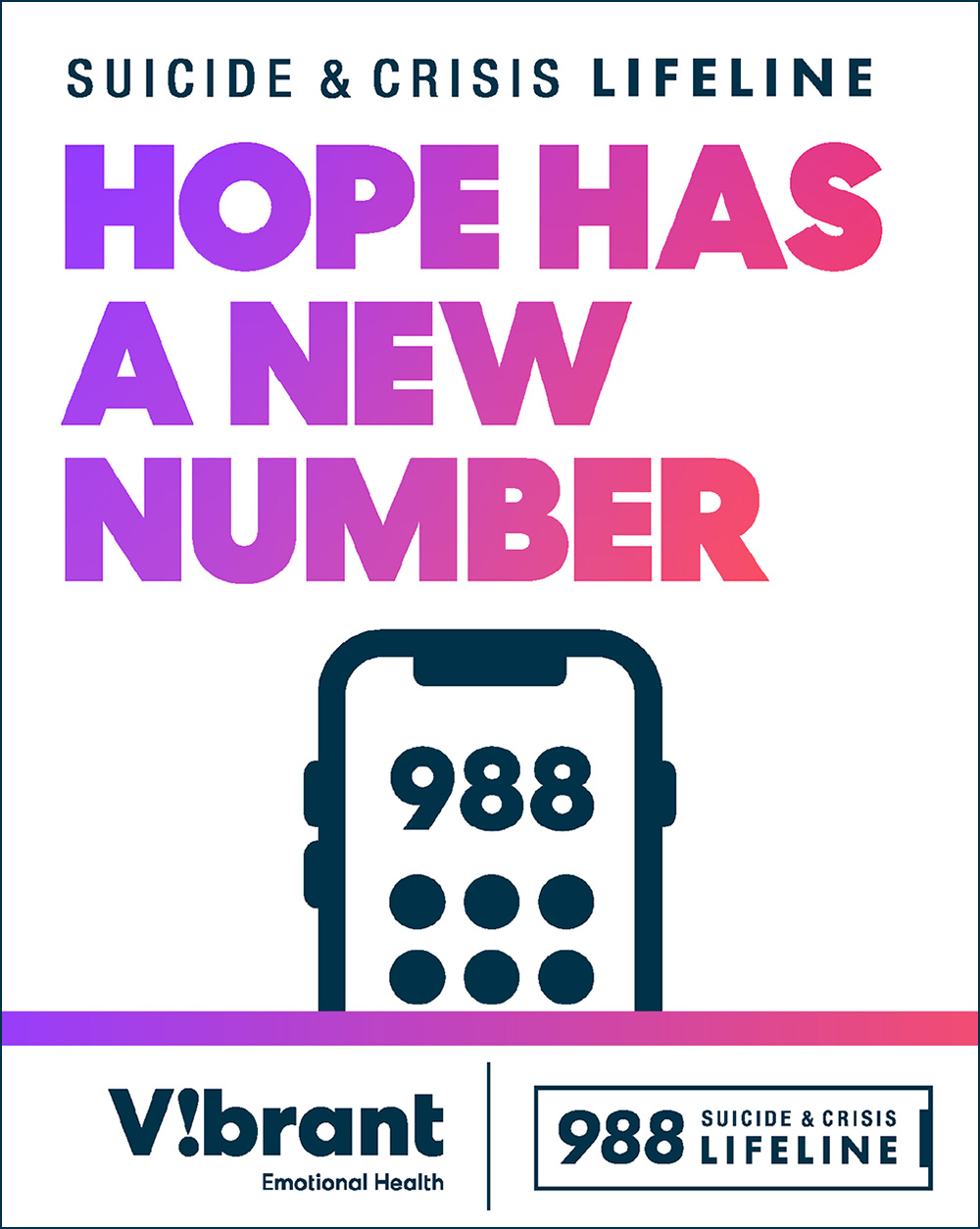For over 50 years, Vibrant Emotional Health (formerly known as The Mental Health Association of NYC) has been fulfilling its mission to help people achieve mental and emotional well-being with dignity and respect. The work of the organization has branched into comprehensive direct service programs with several that focus upon families living in some of the most economically disenfranchised areas in New York City. Our experience supporting families has informed our perspective upon collaborative care which centers families’ strengths and preferences for how they would like to receive services as we develop comprehensive plans to address their holistic needs.

When several stressors are impacting a family at once it is imperative that the services identified are both specific and coordinated to match the family’s needs. The starting point is one of compassionate inquiry as we set out to answer the question: How does one collaborate with other providers that will minimize the impact on a family repeatedly reliving their trauma? Below is a case example to demonstrate one way we answered the above inquiry with a family Vibrant has served over the years:
Ms. Smith was referred for services to address concerns of being overwhelmed with the care of her seven minor children, aged 3, 8, 9, 10, 13, 16, and 17. The referral source alleged that several of the children, as well as Ms. Smith, had developmental delays. Ms. Smith was diagnosed with depression in the past and was not engaged in mental health services. Her 16-year-old experienced suicidal ideations at school on several occasions and was in the process of getting evaluated by the Committee of Special Education. To complicate matters, the family resided in a private house that was later determined to be un-inhabitable due to dangers related to the structure of the home. As a result, the family was subjected to moving to a family shelter located in a city hotel where they resided for several years.
The family was initially introduced to Vibrant’s Family Treatment and Rehabilitation program (FTR) to help address the mental health concerns for the 16-year-old. The main goal of FTR is to reduce the likelihood of a child being placed in foster care. FTR works with families using a strength-based approach to help families reach their goals. One specific criterion which distinguishes FTR from other preventive models is that the program is designed to serve families where at least one family member is living with a mental health and/or substance abuse disorder. The services provided include advocacy, educational support, assistance with enhancing children’s well-being, treatment referrals, conducting assessments and screenings and support with resource navigation. As part of the first phase of coordinated care, the 16-year-old was linked to mental health services, where the preventive team remained active partner’s that closely monitored development and engagement around treatment goals. The team also supported the family in making 311 complaints in regarding to the hazardous conditions in home.
Seeing the benefits of services, the family was open to hearing about how Vibrant’s other direct service providers could meet their needs. The FTR team connected the family to the Family and Youth Peer Support Services (FYPSS) program to assist them in the management of child welfare concerns. At times, parents can often feel like they are struggling alone and that providers may not truly understand their challenges; however, and FYPSS provided Ms. Smith with one-on-one peer support by connecting her to an individual who had their own direct experience navigating the child-serving system. As Ms. Smith gained confidence in herself, she continued to navigate the Board of Education’s system to address the IEP needs of her 8- and 13-year-old children. Simultaneously, the FYPSS team provided group and teen nights for the youth lead by a youth peer advocate. With the assistance of FTR and FYPSS, the family was linked with Bronx Legal Services, who stepped in with free legal support to ensure that the schools didn’t discriminate against Ms. Smith and her children as they sought appropriate evaluations and service implementation.
While the above progress was noteworthy regarding Ms. Smith and her 16-year-old, several of her other children met the criteria for care coordination due to diagnosed co-morbid medical and behavioral health conditions. FTR provided referrals to a child-serving care coordination program that paired a care manager with the children who would support them in navigating through the multiple systems and service providers. The assigned Care Manager for the family provided additional support in facilitating team meetings with the family’s providers to ensure that there was no duplication of services and that there was a comprehensive plan for the family to address their mental health, housing, and academic concerns. One of Ms. Smith’s greatest concerns was how could she focus on her own mental health needs when all of her children also required multiple and ongoing services. The Care Manager took the lead in coordinating ongoing provider visits for each family member and became Ms. Smith’s only point of contact – which she reported as helpful to her feeling less overwhelmed and more able to address her own well-being while ensuring that her children’s needs were also supported.
Programs at Vibrant continue to be innovative as we serve families and youth with an emphasis on family voice and choice. Staff continue to champion the agency’s mission to see families stay together and thrive together. Being able to provide collaborative care helps the communities we serve and supports the overall wellness of families. This case example is a good illustration of meeting complex needs as multiple services were engaged to address all the families’ concerns. By simplifying the process to collaborative care, the agency was able to positively support Ms. Smith and her children in addressing their mental health, academic and case management needs.
Shaniqua Saxon, LCSW, is Family Connections Program Director, and Marlene Morris, LMSW, is Assistant VP of Youth and Family Services, at Vibrant Emotional Health.







